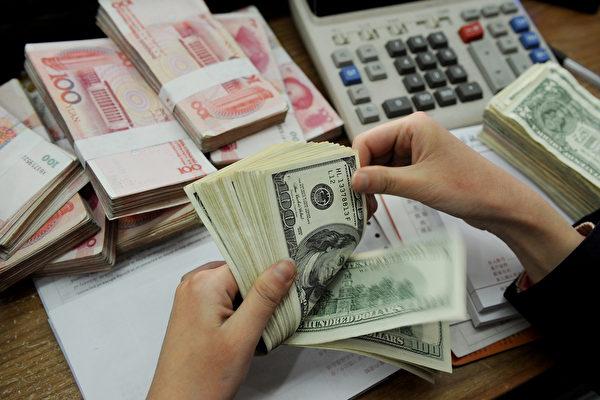Commentary
Chinese leader Xi Jinping just completed a successful trip to the Middle East. There he stressed trade relations with oil-rich nations, especially Saudi Arabia.

Chinese leader Xi Jinping just completed a successful trip to the Middle East. There he stressed trade relations with oil-rich nations, especially Saudi Arabia.